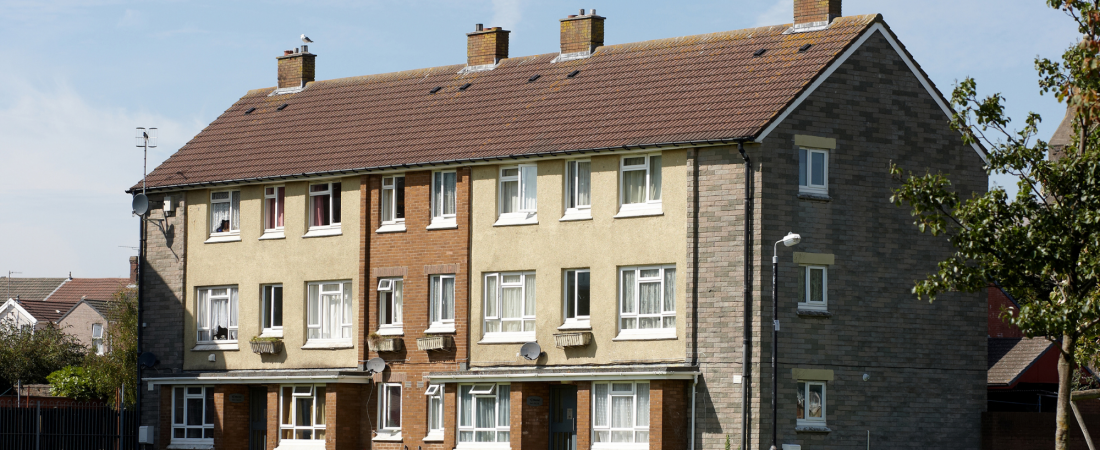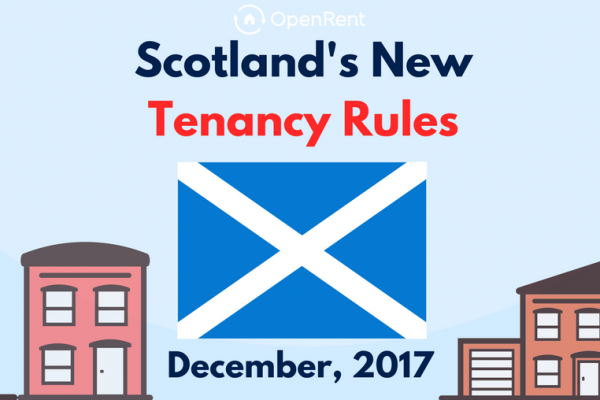Rent control refers to rules which restrict the amount of rent that landlords can charge tenants. The four nations of the UK each have different rules on rent control, and there are proposals to change rent control in the coming years.
This guide explains the rules on rent control in the UK, looking at the benefits and disadvantages, as well as what changes may be coming.
UK Rent Control Rules
The UK’s four nations each have their own rules on rent control. This section will go through England, Scotland, Wales and Northern Ireland and explain the state of play.
England & Wales
Strong rent controls ceased to exist for most new tenancies in England & Wales when Assured Shorthold Tenancies (ASTs) were introduced by the Housing Act 1988. Once a tenancy has begun, the rent can only be increased once the fixed term has ended, or a rent review clause is triggered. Once outside of the fixed term, landlords can serve a Section 13 notice to increase the rent. The tenant can challenge the rent increase proposed in the notice by referring it to the first tier tribunal, which handles these disputes.
Crucially, however, because landlords can evict tenants with a Section 21 notice once the fixed term expires, English and Welsh tenants lack any real rent controls. The landlord can ask them to pay a higher rent, and evict them and find new tenants if they refuse. This demonstrates how tenure security — the ease with which tenants can be evicted — is intimately linked to rent controls in the UK at present.
Use our Rent Calculator to find the average rent in your area.
View market rentsScotland
Since December 2017, new tenancies in Scotland have been Private Residential Tenancies (PRTs), replacing the old assured and short assured tenancy types. PRTs give tenants indefinite tenure. They cannot be evicted unless the landlord can demonstrate grounds for eviction exist. Once again, we find that tenure security is closely linked to the rent controls that tenants enjoy.
In Scotland, tenants are protected against excessive rent increases, and ministers can introduce local rent caps for ‘rent pressure zones; i.e. areas where market rents are increasing quickly.
To increase rent, landlords must give tenants at least three months’ notice, and then serve a ‘landlord’s rent increase notice to tenants’ form. Unlike in England and Wales, there is a helpful webpage that allows landlords to construct a valid notice easily. The tenant can challenge the proposed increase by applying to Rent Service Scotland, where a Rent Officer will decide if the increase is too high.
Rent pressure zones can be designated by Scottish government ministers if they can prove that rents in the defined area are rising too much, causing problems for tenants, and putting pressure on the local council to provide housing or subsidise housing costs. This effectively allows the government to prevent a situation, common in England, where higher and higher rents simply demand more and more housing benefit. In a rent pressure zone, rents can only be increased by the Consumer Price Index (CPI) + 1%.
Northern Ireland
Tenants in Northern Ireland whose tenancy began before 1st April 2007 may be in a protected tenancy. The rents of these tenancies are set by the Rent Officer for Northern Ireland. Only a small number of these tenancies remain in 2020.
Since 2007, new tenancies have been fixed-term tenancies, default six-month tenancies or periodic tenancies. Like in England and Wales, tenants can be evicted on a ‘no fault’ basis; the landlord simply needs to serve a valid notice to end the tenancy and does not need to establish grounds for eviction. Landlords may charge a market rent on these tenancies.
The length of notice required varies with the length of the tenancy. A tenancy of less than five years requires at least four weeks’ notice; less than ten years but more than five years of tenure require the landlord to give a minimum notice of eight weeks; and a tenancy of over ten years’ length requires 12 weeks’ notice.
Are Stronger Rent Controls on the Way?
Last year, Mayor of London Sadiq Khan’s office published a report demanding the ability to impose rent controls on London’s rental market. The report was written by the New Economics Foundation, and cited rents increasing three times faster than wages as a key reason for gaining rent control powers.
Others are arguing for stronger controls on rent increases, too. The IPPR think tank recommends limiting rent increases to once per year, and capping them in line with CPI. Luke Murphy, co-author of their report, expanded on their proposals.
“We believe that the combination of reforms proposed by IPPR, including open-ended tenancies, a cap on annual rent increases and reform of the court system would continue to allow landlords to operate but with stronger safeguards and protections for tenants. These types of systems operate elsewhere in the world providing a more stable and high quality experience for tenants and also a stable long-term investment for landlords.”
Are plans like this likely to be put into law, however? Ending ‘no fault’ evictions was promised by both Conservative and Labour parties at the last election. As we’ve seen, security of tenure is closely tied to rent controls. If the private rented sector was on the political agenda before the coronavirus pandemic, it might have been bumped to the back of the queue by other political priorities.
Even in Scotland, which has the strongest rent controls in the UK at present, rent increases have not been as limited as one might assume, says Murphy.
“Scotland has recently introduced ‘rent pressure zones’ but there have been no instances of their introduction, leading to criticisms that the bar for evidence is simply too high for local councils to navigate.”
Conclusion
Clearly, moving to a more highly-regulated rental market would be a complex business. It’s too early to tell whether reforming renting will emerge again as a political priority post-covid, but with the proportion of households who rent increasing by 63% between 2007 and 2017, it seems likely the issue will only grow in importance in the 2020s.
What do you think? Join the discussion on the OpenRent Community.




Start the discussion at community.openrent.co.uk